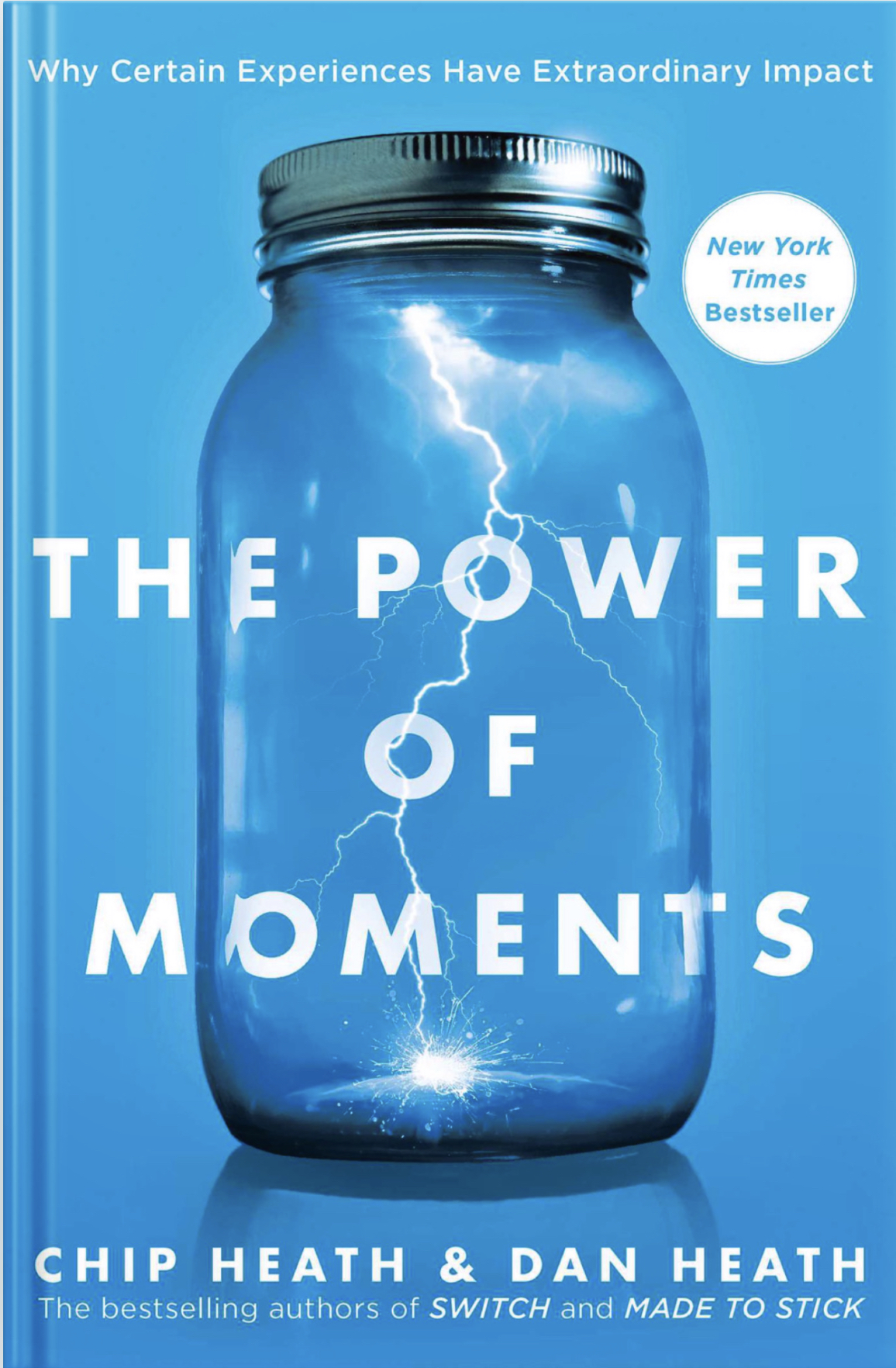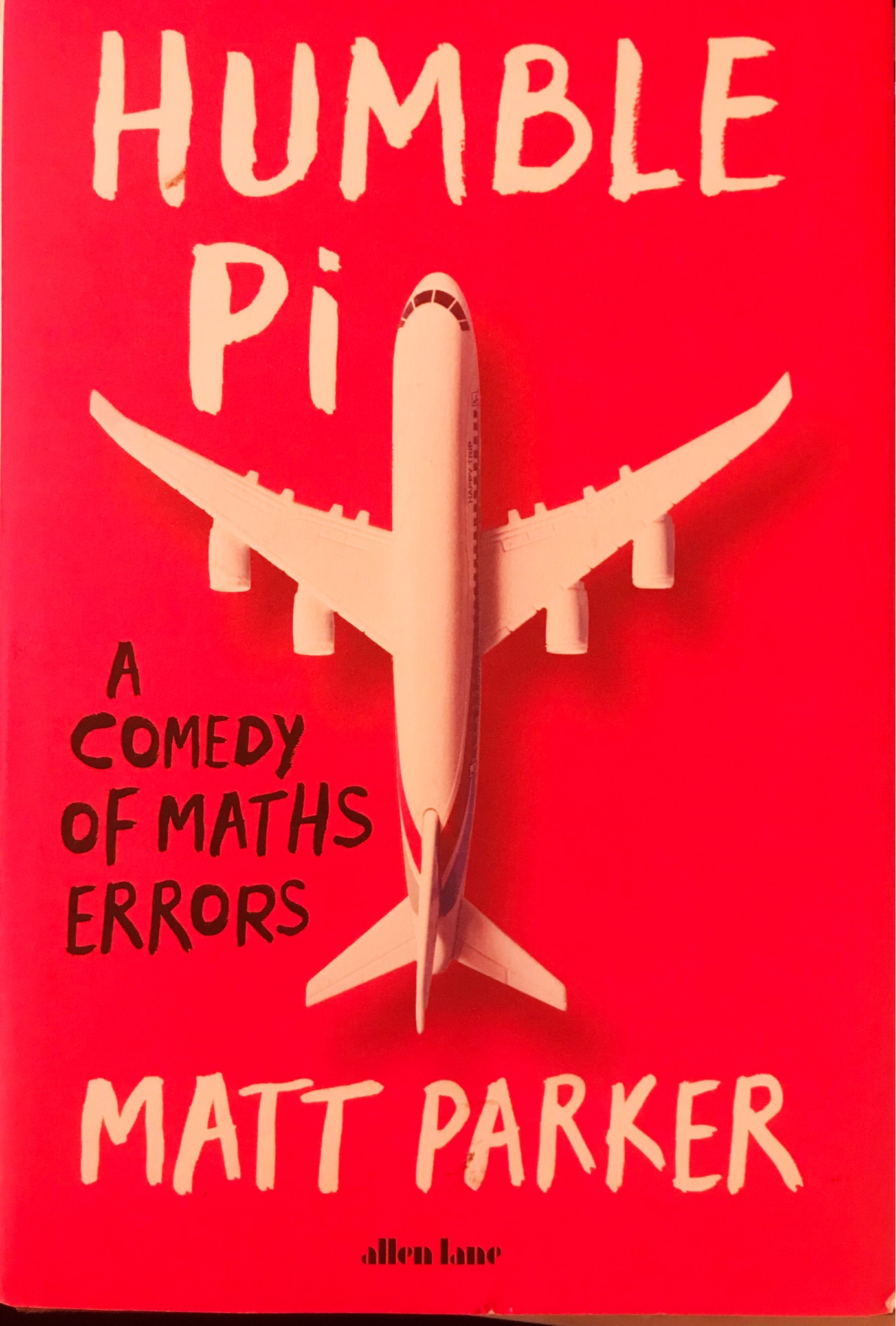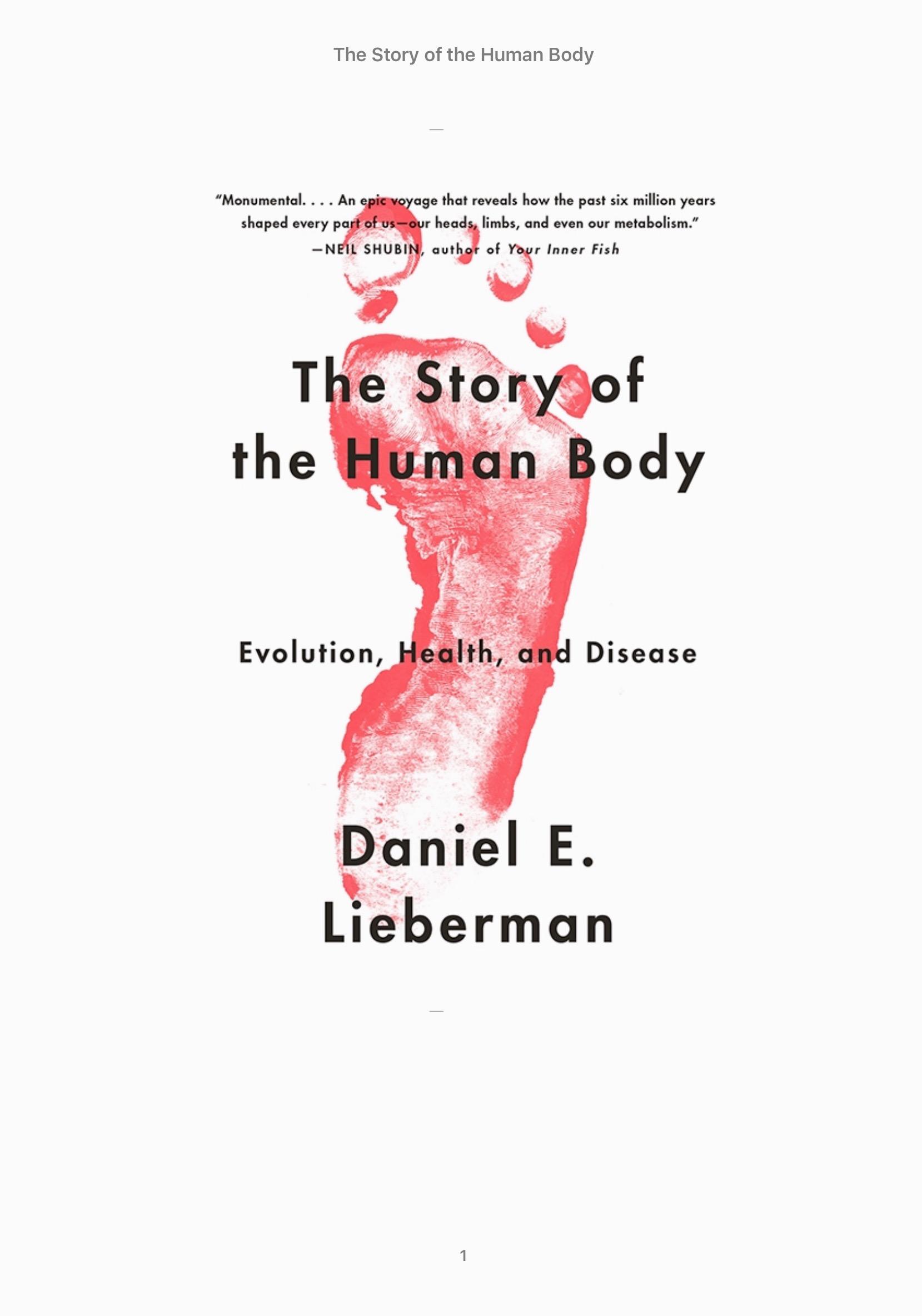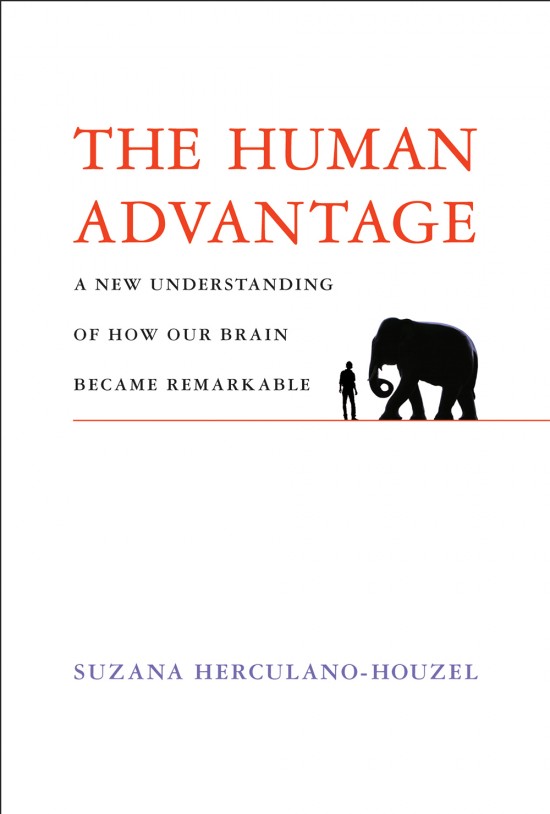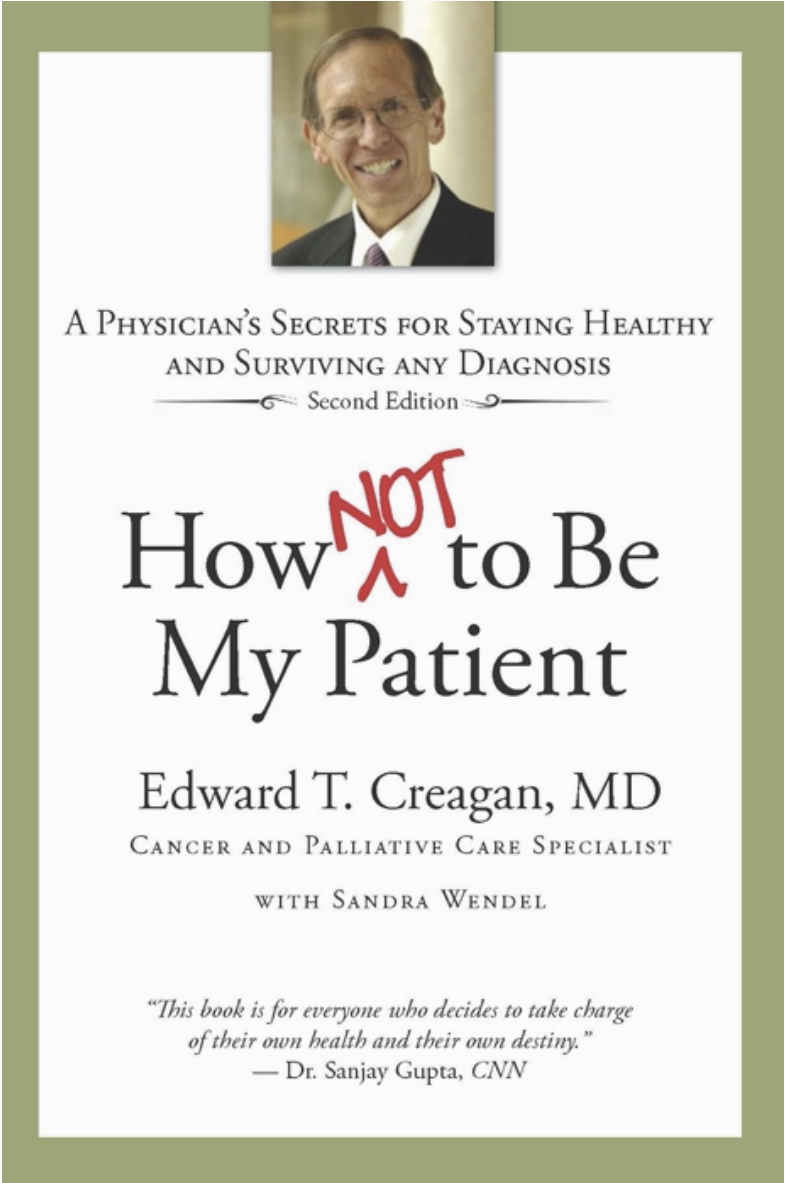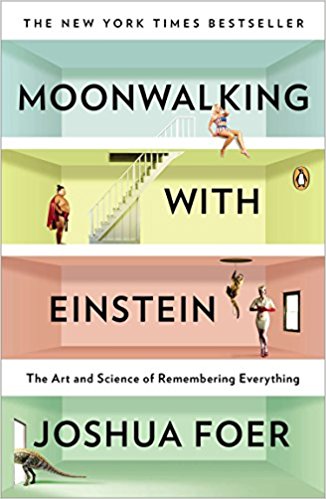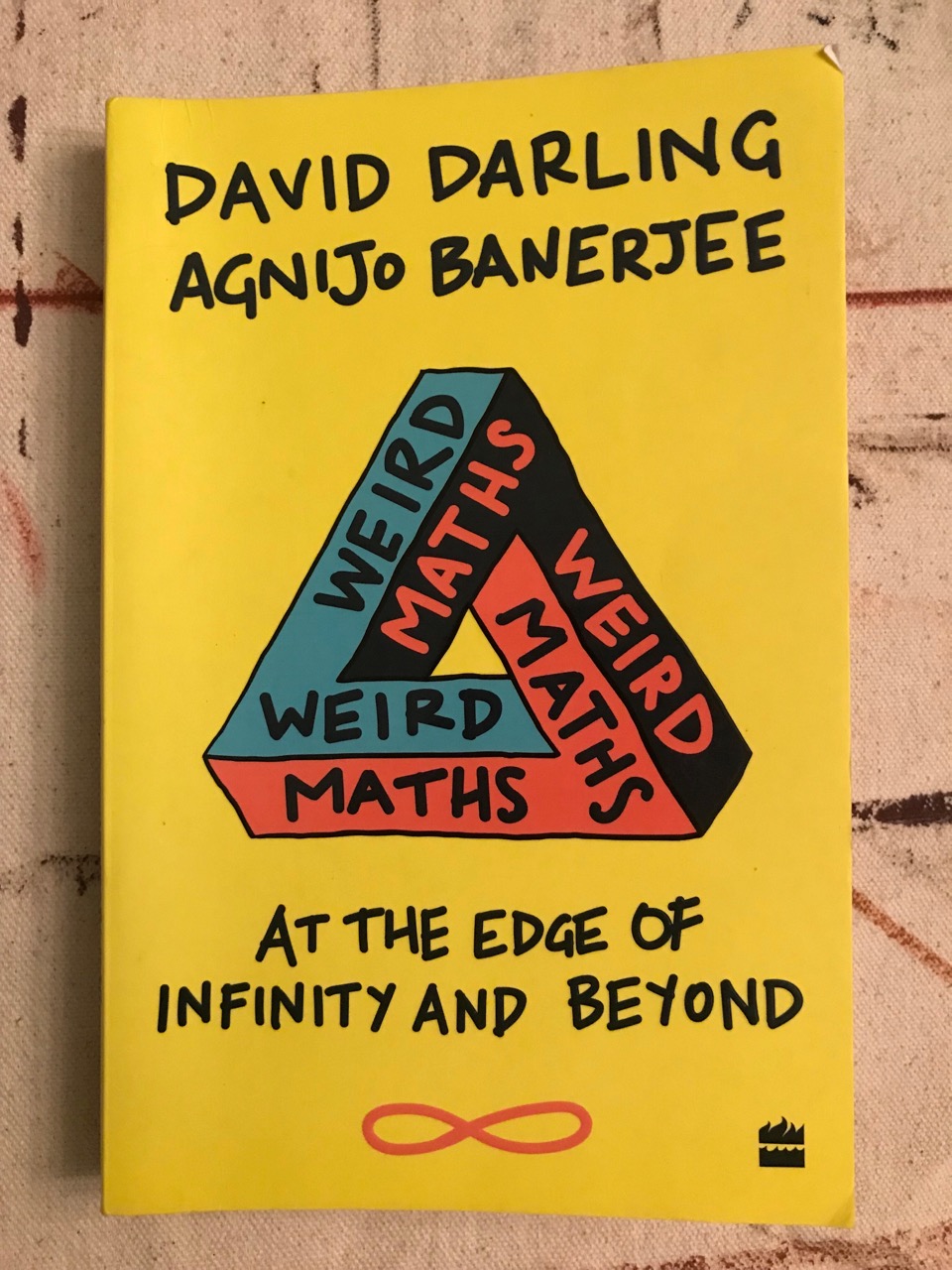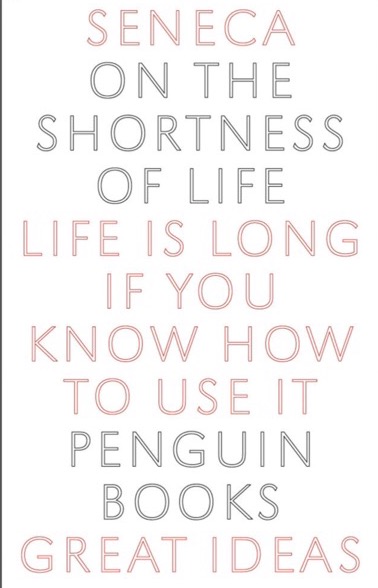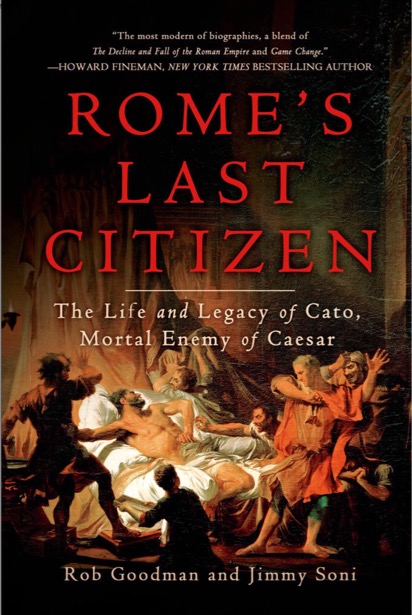Book Review: “The Power of Moments”
I was recommended this book in a CEO gathering about six months back. Finally dusted it up and got it in my daily reading routine. Fairly light reading with some occasional bouts of great wisdom. And lots of examples that you can quote in parties to impress folks – assuming you attend those kind of parties! Definitely will recommend this book.
Some of the things that you will learn include how our past memories are not recorded in a very uniform manner. It is predominantly the peak moments, the pit moments and most importantly the transitions (often the ending). As I sat down and thought about a lot of things I remember from the past – and somehow, I remember a lot of them – most fit in that model.
In fact most of the “memorable” moments for us are major transition moments that happen within a short period of our life – perhaps from graduating from high school to having the last child. The book actually talks about how to make life more memorable by creating more “transition” moments deliberately.
Also, you will learn about the “oddball effect” when it comes to committing something to memory – how the element of surprise somehow elongates our perception of time!
There are some great pointers for business too. Especially in the area of customer service. One thing I learnt (thinking back, it makes total sense) is that businesses ought not to strive to create a completely complaint-free service – just an extraordinary service one. Makes you think about the marginal investments in product and customer service in a very different way.
Like I said before, definitely a recommendation to read.
